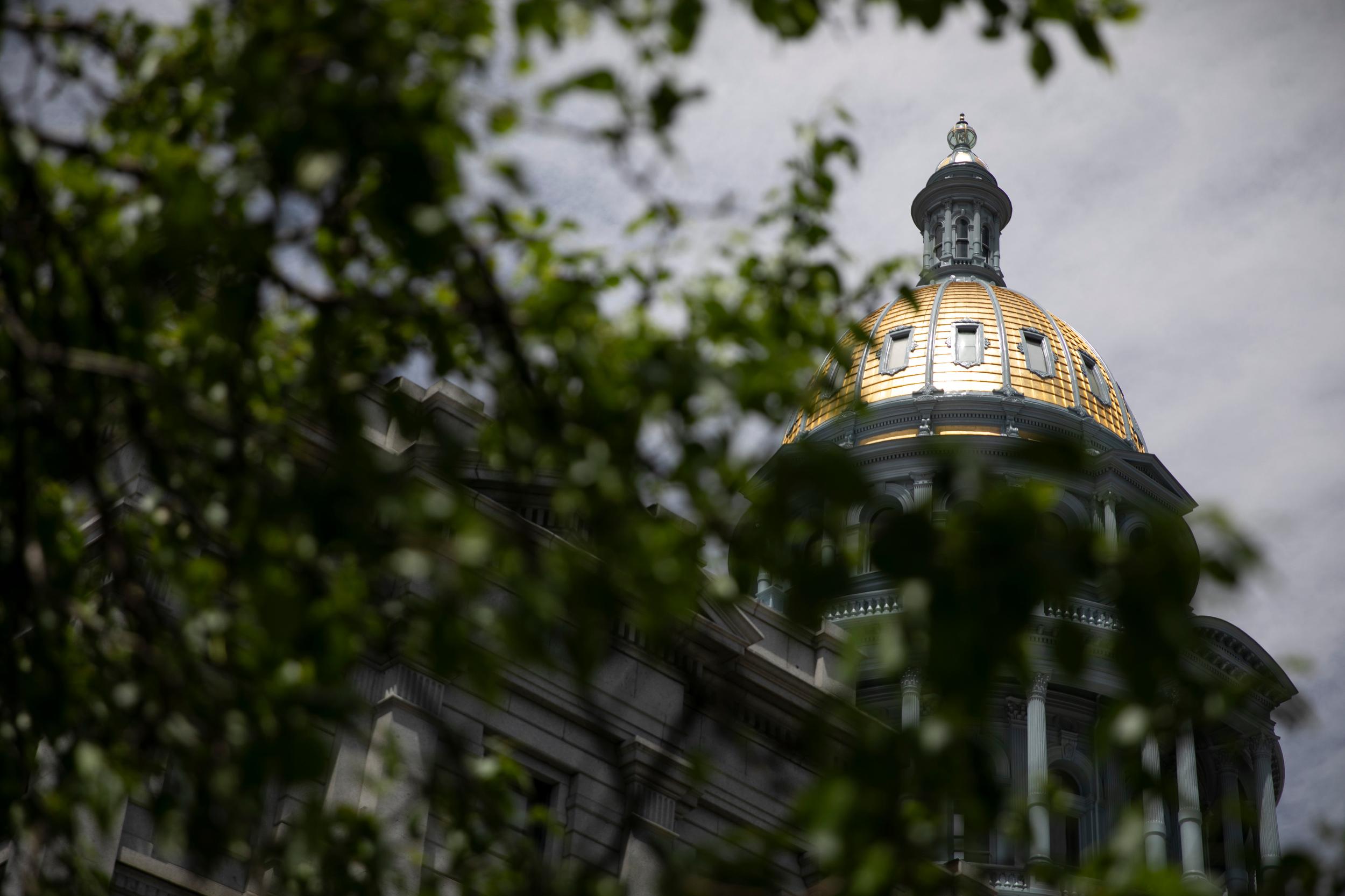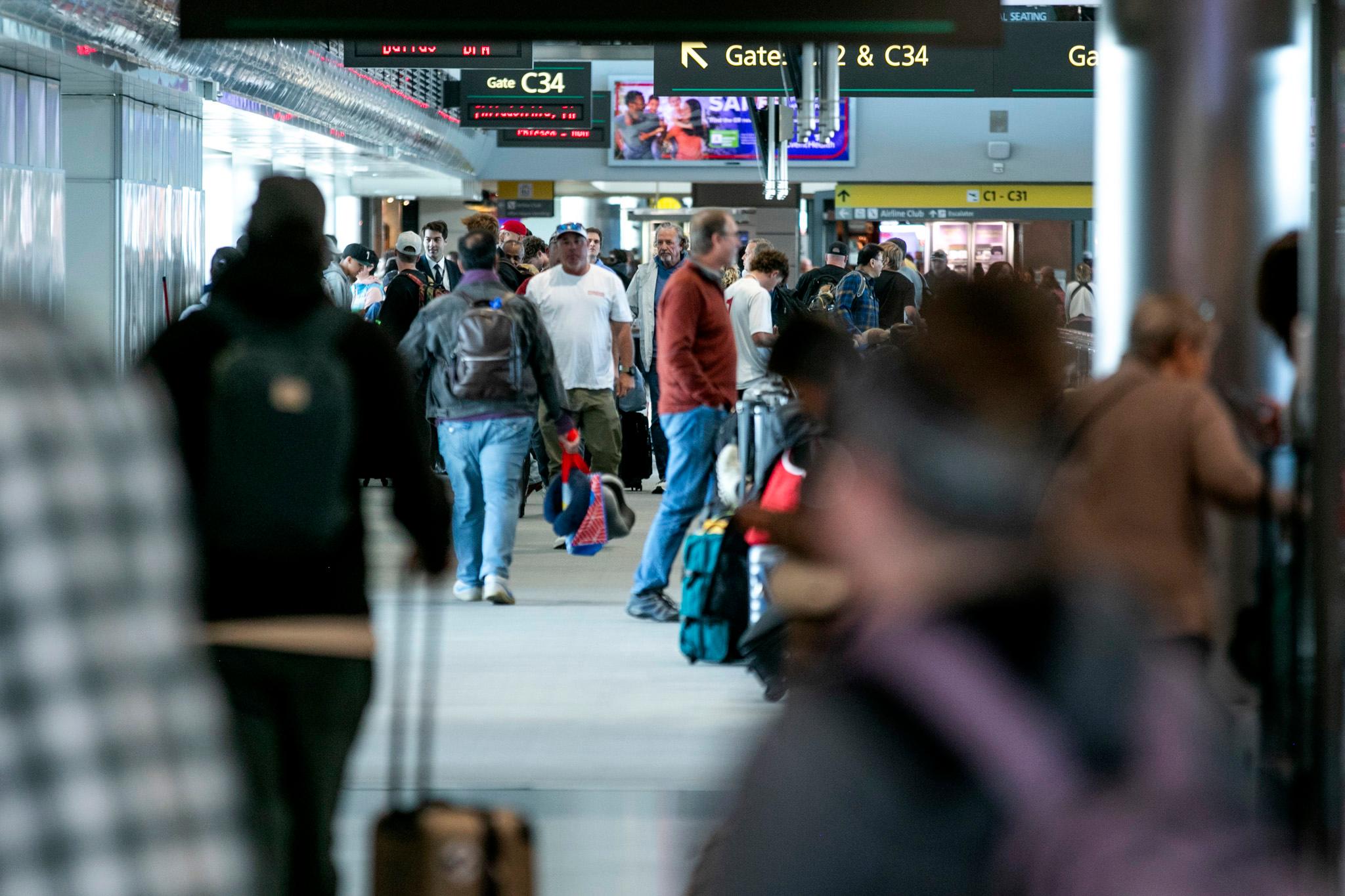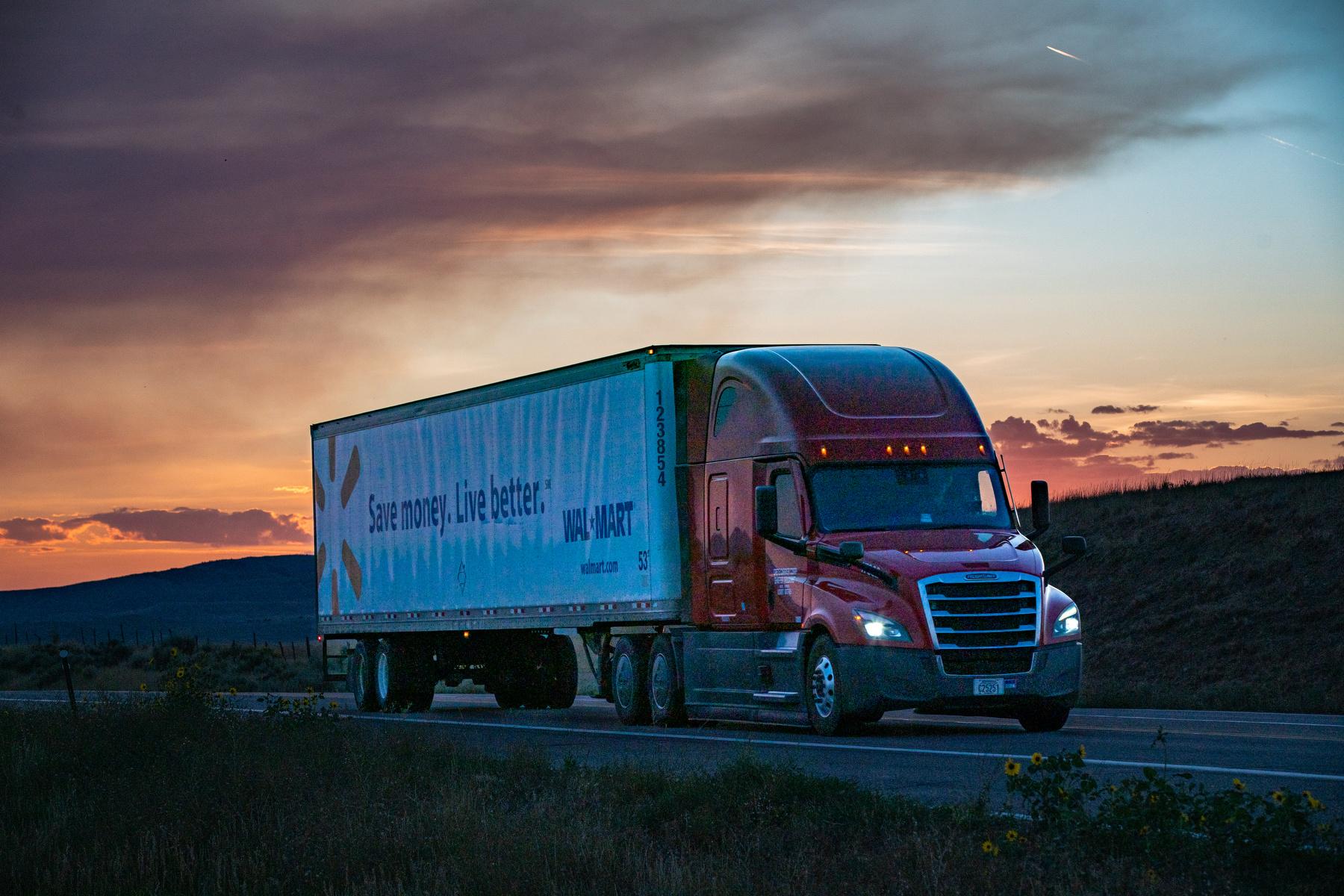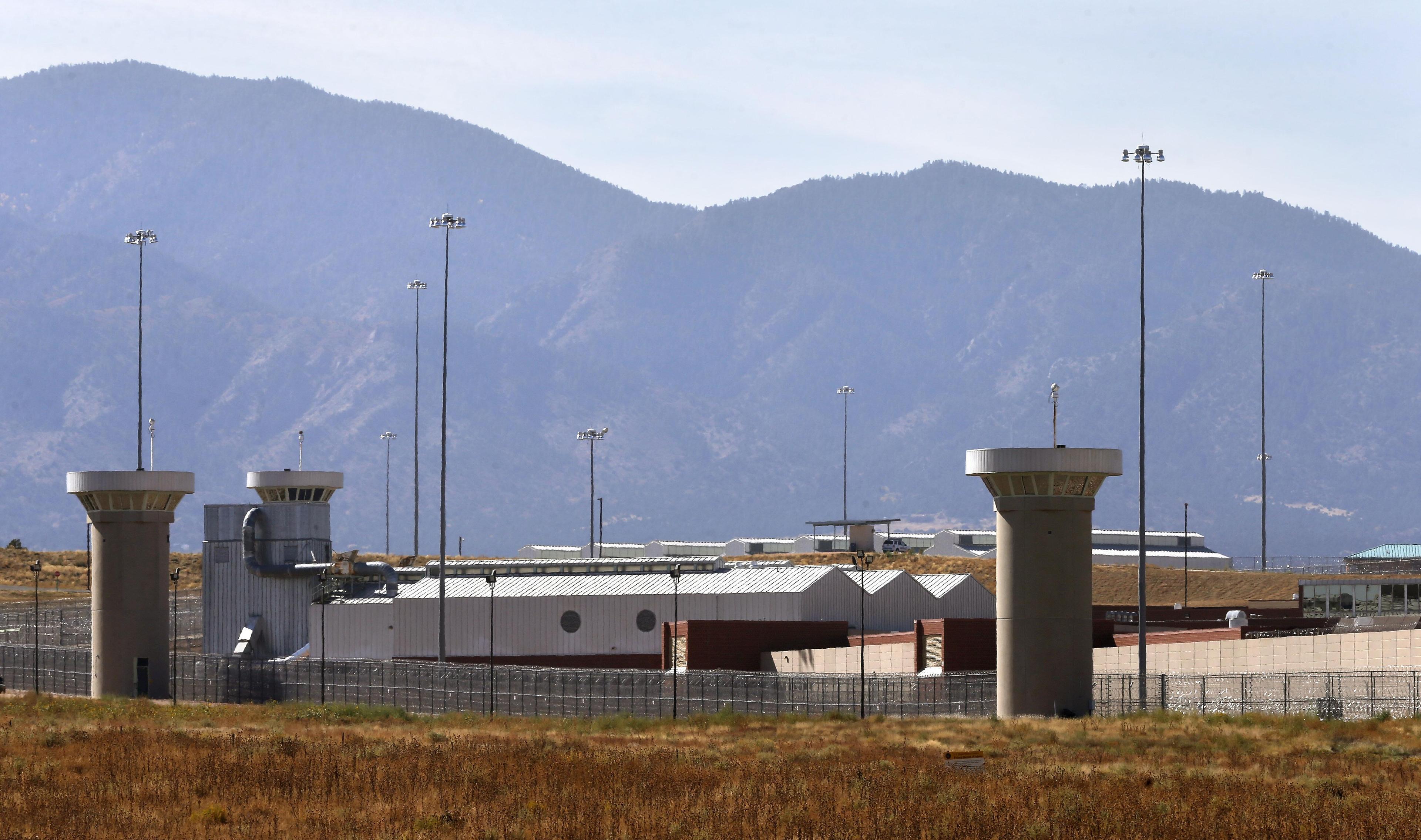
A bill aimed at increasing Colorado’s childhood vaccination will get another hearing this Sunday. Despite coronavirus and racial justice protests, it’s expected to draw what will be the biggest crowds of this mid-pandemic legislative session.
The measure already caused a delay in the House calendar when Republicans slowed the pace of debate on Friday.
Roxborough Park Republican Rep. Mark Baisley said he was furious at the sudden scheduling of a bill for a Sunday hearing at noon. Lawmakers occasionally work on a Saturday, but a Sunday is almost unheard of.
“This may be the final weekend before the 2020 Session finally comes to a close and I was close to allowing myself to believe that the Democrats would give Colorado’s parents some relief — Relief from the fear of having a critical choice taken from them; choice in what goes into their children’s bodies. My heart sank when they informed me that a rare meeting of the committee will meet on Sunday to introduce Senate Bill 163. SUNDAY!” Baisley said.
The bill would require parents who want to opt a child out of vaccines to either get a signature from an immunization provider or watch an online informational video produced by the Colorado Department of Public Health and Environment. It would also set a state goal of reaching a 95 percent immunization rate.
Right now parents need to fill out a form and return it to the school.
“To know that we're still at risk for that with the rates that we have is extremely scary,” said Democratic sponsor and emergency room nurse, Rep. Kyle Mullica of Northglenn. “This pandemic has shown us is what life is like to deal with something when we don't have a vaccine for.”
Most parents in Colorado do vaccinate their children. However, the percentage of Colorado kindergartners vaccinated for measles, mumps and rubella has dropped to 87 percent, according to the Centers for Disease Control and Prevention — the lowest rate in the country. Public health officials say that makes pockets of the state especially prone to a measles outbreak. That was before COVID-19.
Sean O’Leary, a pediatric infectious disease specialist at Children's Hospital Colorado, said the state has since “seen dramatic drops in vaccination because of all the social and physical distancing measures” and people’s infection concerns about visiting their doctors.
“So our vaccination rates in Colorado have already taken a hit because of COVID-19,” O'Leary said “So it's really important that we do everything we possibly can to bring those rates up. And I think this bill would go a long way towards doing that.”
The bill originally cleared the Senate back in February after a marathon committee hearing, before the legislature temporarily adjourned the session for the pandemic.
Yael Cohen, a special education advocate from Boulder, opposes the bill and doesn’t understand why lawmakers have taken it back up. Because she’s in a high-risk category for the coronavirus, she’s concerned she won’t be able to testify against it in person.
“With everything going on with the virus and with the protests and riots, this is the priority?” she questioned.
Lawmakers will allow written remarks but Cohen is dismissive of that as “it’s not like they read those and consider those before they vote.”
Another critic of the bill, Theresa Wrangham, the executive director for the National Vaccine Information Center, feels the measure is an effort to coerce people into vaccinating their children.
“You're assuming that this group of people who have come to a different decision are ignorant,” she said. “They require education, and you're going to make them give up their federal privacy rights in order to get their personal and religious beliefs approved so that their children can attend school. That is wrong to so many of us.”
Supporters are just as steadfast.
Denver Democratic Rep. Susan Lontine, chair of The House Health & Insurance Committee which will hear the bill, said holding the hearing on Sunday was responsible. Each side will be limited to an hour and a half of testimony.
“We have an abbreviated session to finish up a lot of work and we missed two days last week. There wasn’t a lot of time. The other reason I suggested it, was to do what I could to minimize exposure to the staff because there wouldn’t be any other business in the building on Sunday.”
Lontine said she won’t be “held hostage” by a vocal minority.
“It’s business the state needs to finish." She thinks it’s in the best interest of public health. As one supporter said, “if we can’t pass a vaccine bill during a pandemic, when can we?”









